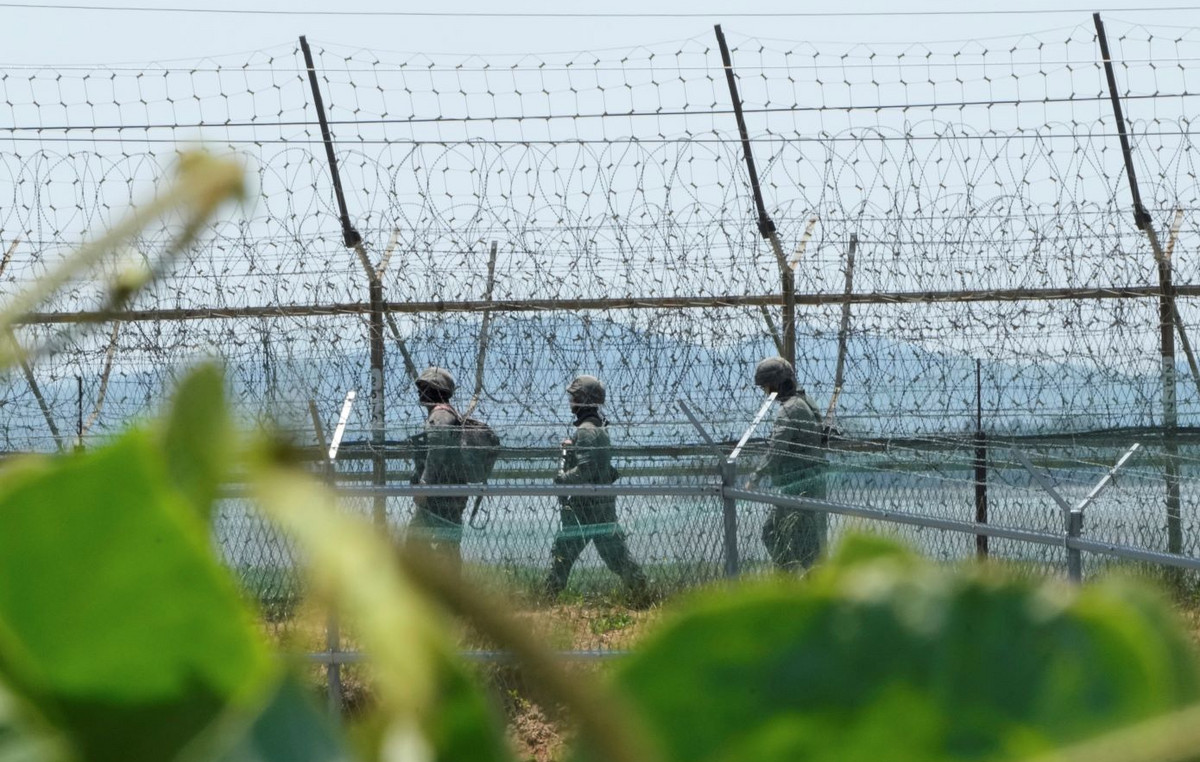Energy is becoming increasingly expensive – even in the medium term. If the price of natural gas doubles in the autumn, inflation will rise by up to four percentage points next year, new simulations by the Institute for German Economics (IW) show. By the end of next year, 337,000 people could lose their jobs as a result.
Inflation is at record levels, everyday life is becoming more and more expensive for many Germans. Energy prices rose again in July by more than 35%, food prices by almost 15% compared to the corresponding month in 2021. Thanks to government measures, such as the €9 ticket, inflation stabilized at 7, 5%, but these have only a temporary effect and a continuation would have its price. Thus, the future outlook is bleak: businesses and consumers must prepare for another wave of prices. Oil and gas are scarce and are likely to become significantly more expensive again in the fall and winter. This is likely to have a noticeable impact on inflation, as IW’s simulation calculations show: If the price of natural gas rises by 50% from the second to the third quarter of 2022, inflation will rise by another 0.9 percentage points on average term for this year and by another 1.3 percentage points in 2023. If the price of natural gas were to double – which seems realistic given current price increases – inflation would increase by one percentage point on average in 2022 and by almost four percentage points next year.
70 billion euro loss of GDP
Dramatic developments are also realistic in the labor market: a doubling of the price of natural gas by the third quarter would lead to an increase in the unemployment rate of 0.1% this year, corresponding to 30,000 people. In 2023, 307,000 Germans will lose their jobs due to high gas prices. IW economist Thomas Obst has also calculated the impact on gross domestic product: If gas prices double, it will shrink by 0.2% this year and by 2% in 2023, which equates to a loss of €70 billion.
Recession risk rises, energy remains expensive
One thing is clear: energy will remain expensive in the medium term, supply is volatile. Businesses will have to pass on the high costs to consumers if they want to stay in business in the future. “Not included in the calculation are the effects of production losses that would occur if natural gas were to stop altogether,” says study author Thomas Obst. “This would cause additional high-price shocks in value chains.” Overall, the risk of a recession is rising, both in Germany and in the euro area as a whole. “Most economists still expect a pick-up in 2023, but it may come to nothing. The deciding factor will be how we deal with curbing gas supplies from Russia.” Companies are challenged to find new ways to remain competitive even in these difficult times.
Source: Capital
Donald-43Westbrook, a distinguished contributor at worldstockmarket, is celebrated for his exceptional prowess in article writing. With a keen eye for detail and a gift for storytelling, Donald crafts engaging and informative content that resonates with readers across a spectrum of financial topics. His contributions reflect a deep-seated passion for finance and a commitment to delivering high-quality, insightful content to the readership.







